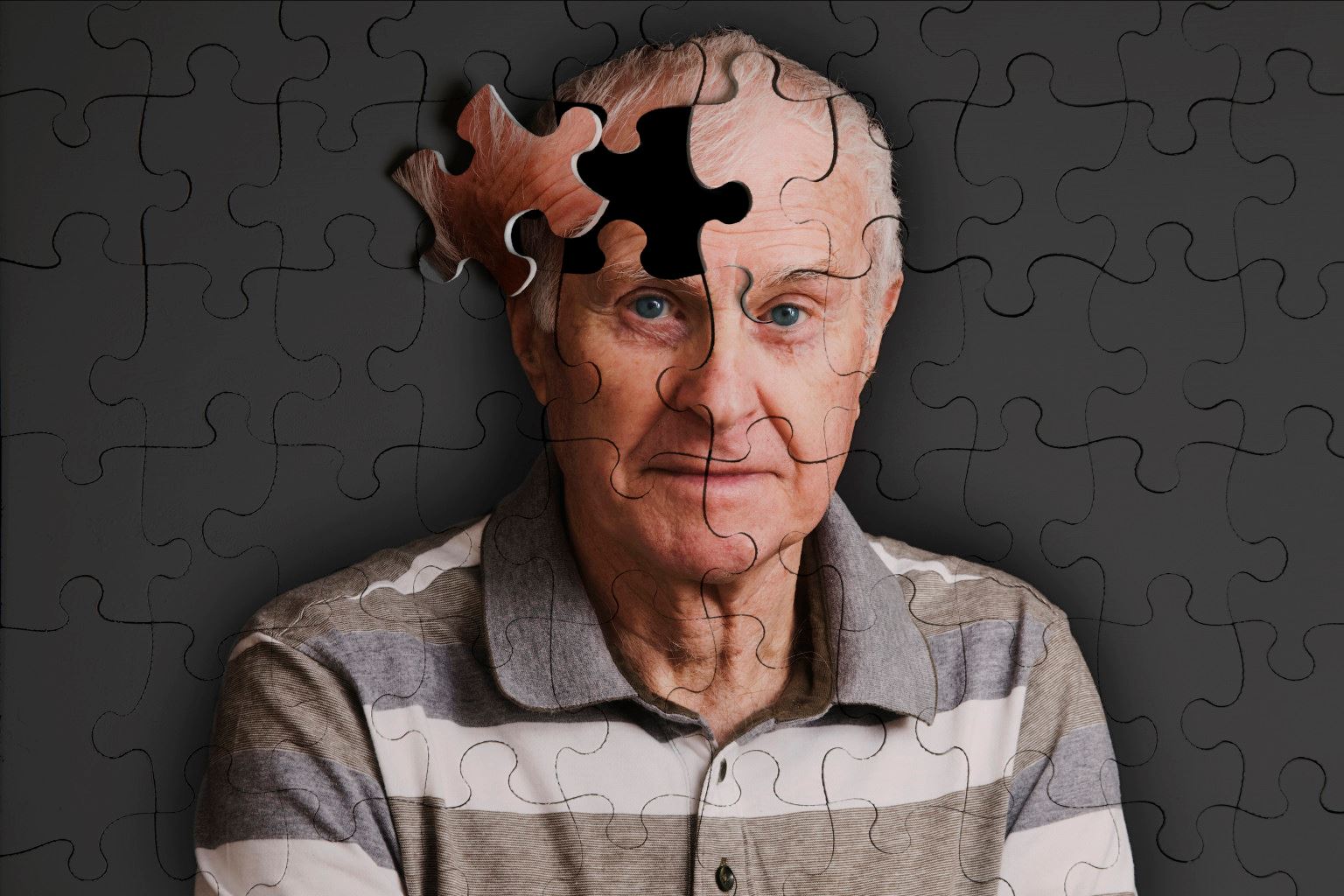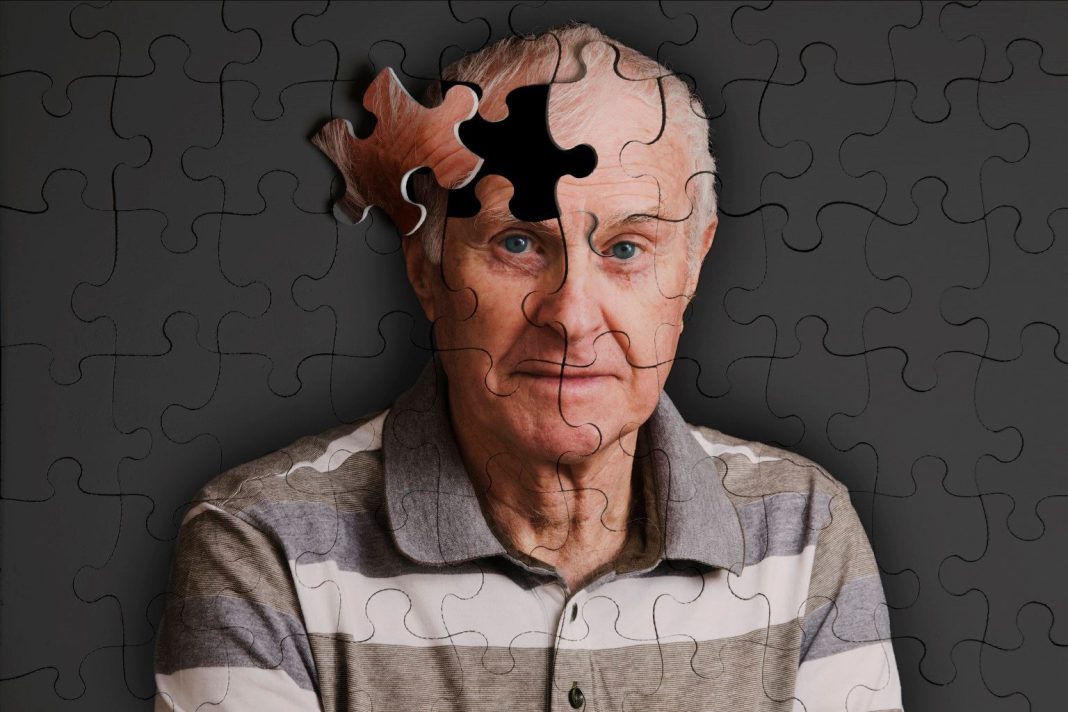
Source: ajcity.net
Development of new Alzheimer’s disease treatments is the focus of separate collaboration agreements announced today by AbbVie and Biogen.
AbbVie and Alector said they plan to develop and commercialize therapies to treat Alzheimer's and other neurodegenerative disorders using the latter’s immuno-neurology drug discovery tech platform, through a collaboration that could generate up to $225 million for Alector.
Alector’s platform is designed to fight Alzheimer’s and other neurodegenerative diseases by harnessing the immune system, specifically the microglia. The microglia, according to Alector, is where a large fraction of gene variants is expressed that increase or decrease the chance of developing neuro-degenerative disease, as identified in genome-wide association studies (GWAS).
AbbVie and Alector agreed to research a portfolio of antibody targets, with AbbVie retaining an option for global development and commercial rights to two targets. Alector has agreed to conduct exploratory research, drug discovery and development for lead programs up to the conclusion of the proof of concept studies.
Should AbbVie exercise its option, it will lead development and commercialization activities, with the two companies co-funding development and commercialization, as well as sharing global profits equally. AbbVie has agreed to pay Alector $205 million upfront, as well as make an up-to-$20 million equity investment in Alector.
AbbVie’s pipeline features another Alzheimer’s candidate for which a Phase II trial was launched in January—ABBV-8E12, an anti-tau protein antibody licensed from C2N Diagnostics in 2015. ABBV-8E12 is also under development for progressive supranuclear palsy.
Alternative Approach
Alector—a portfolio company of AbbVie’s venture arm AbbVie Ventures—says its approach targets immune genes tied to specific neurodegenerative diseases—as opposed to traditional Alzheimer’s drug discovery approaches.
One involves untangling the accumulation in the brain of tau protein that blocks the transport of nutrients and essential molecules throughout the cell. The other entails fighting amyloid-beta (Aβ) protein deposits that form Aβ plaques outside of neurons.
Neither traditional approach, to date, has bucked the strong tide of clinical failure in Alzheimer’s by drug developers, which have long struggled to create successful new drugs for the disease.
Only a handful of drug successes have ever won marketing approvals, and those treatments have only slowed progression of symptoms by 6 to 12 months. In July, Fujifilm’s Alzheimer’s disease drug candidate T-817MA failed a Phase II trial, though the company vowed that it would continue to develop the drug. Over the past year, pharma giants Merck & Co. and Eli Lilly have been among companies to acknowledge clinical failures for Alzheimer’s candidates.
A 2014 Cleveland Clinic study found a 99.6% failure rate of clinical trials for Alzheimer's drug candidates between 2002 and 2012. That study found high attrition rates for Alzheimer’s treatments, with 72% of agents failing in Phase I, 92% failing in Phase II, and 98% failing in Phase III.
Biogen Reworks Neurimmune Partnership
Also among drug developers focused on Alzheimer’s is Biogen, which today said it has renegotiated a 10-year-old partnership with Neurimmune to develop aducanumab, a Phase III antibody designed to bind to and reduce brain amyloid plaques.
Biogen said the reworked collaboration will increase its overall profit potential through a 15% reduction in its potential royalty payment on potential commercial sales of aducanumab. In return, Biogen agreed to make a one-time, $150 million payment to Neurimmune, which stated on its website that the money would accelerate the development of its human antibody pipeline through clinical proof of concept.
Biogen also holds an option to further reduce its future royalties on commercial sales of aducanumab by an additional 5% percent by making an additional one-time $50 million payment to Neurimmune.
“This amended agreement with Neurimmune improves aducanumab’s potential value to Biogen as we pursue our strategic goal of leadership in Alzheimer’s disease,” Biogen CEO Michel Vounatsos said in a statement. “We are pleased with our ongoing collaboration with Neurimmune in Alzheimer’s and other neurodegenerative disorders.”
Biogen has overseen development and commercialization of aducanumab since it licensed rights to the drug from Neurimmune in 2007. Three years later, Biogen (then called Biogen Idec) paid $32.5 million upfront to acquire a subsidiary of Neurimmune working on three preclinical neurodegenerative disease antibody programs targeting alpha-synuclein, tau, and TDP-43 (TAR DNA-binding protein 43).
Aducanumab, also called BIIB037, is a human recombinant monoclonal antibody (mAb) derived from a de-identified library of B cells collected from healthy elderly subjects with no signs of cognitive impairment or cognitively impaired elderly subjects with unusually slow cognitive decline.
Developed through Neurimmune’s Reverse Translational Medicine™ (RTM™) tech platform, aducanumab has been shown in preclinical and Phase Ib studies to reduce amyloid plaque levels. Aducanumab is believed to target aggregated forms of Aβ, including soluble oligomers and insoluble fibrils that can form into amyloid plaque in the brains of Alzheimer’s patients.
Aducanumab is one of two Phase III Alzheimer’s candidates in Biogen’s pipeline. The other is E2609, a small-molecule inhibitor of beta-secretase, a protein that cleaves beta-secretase 1 (BACE1), being developed in collaboration with Eisai.
Rounding out the Biogen pipeline for Alzheimer’s are:
- Another Eisai-partnered candidate in Phase II, BAN2401, a mAb designed to selectively bind, neutralize, and eliminate soluble toxic Aβ aggregates;
- Two Phase I candidates, the tau-targeting antibody BIIB076 and BIIB092, an extracellular tau-targeting antibody licensed from Bristol-Myers Squibb;
- IONIS-MAPTRx, an antisense drug which Biogen is co-developing with Ionis Pharmaceuticals.
Earlier this month, Ionis won a $10 million milestone payment from Biogen for launching a Phase I/IIa trial of IONIS-MAPTRx designed to evaluate the safety and activity of IONIS-MAPTRx in approximately 44 mild Alzheimer's disease patients.







